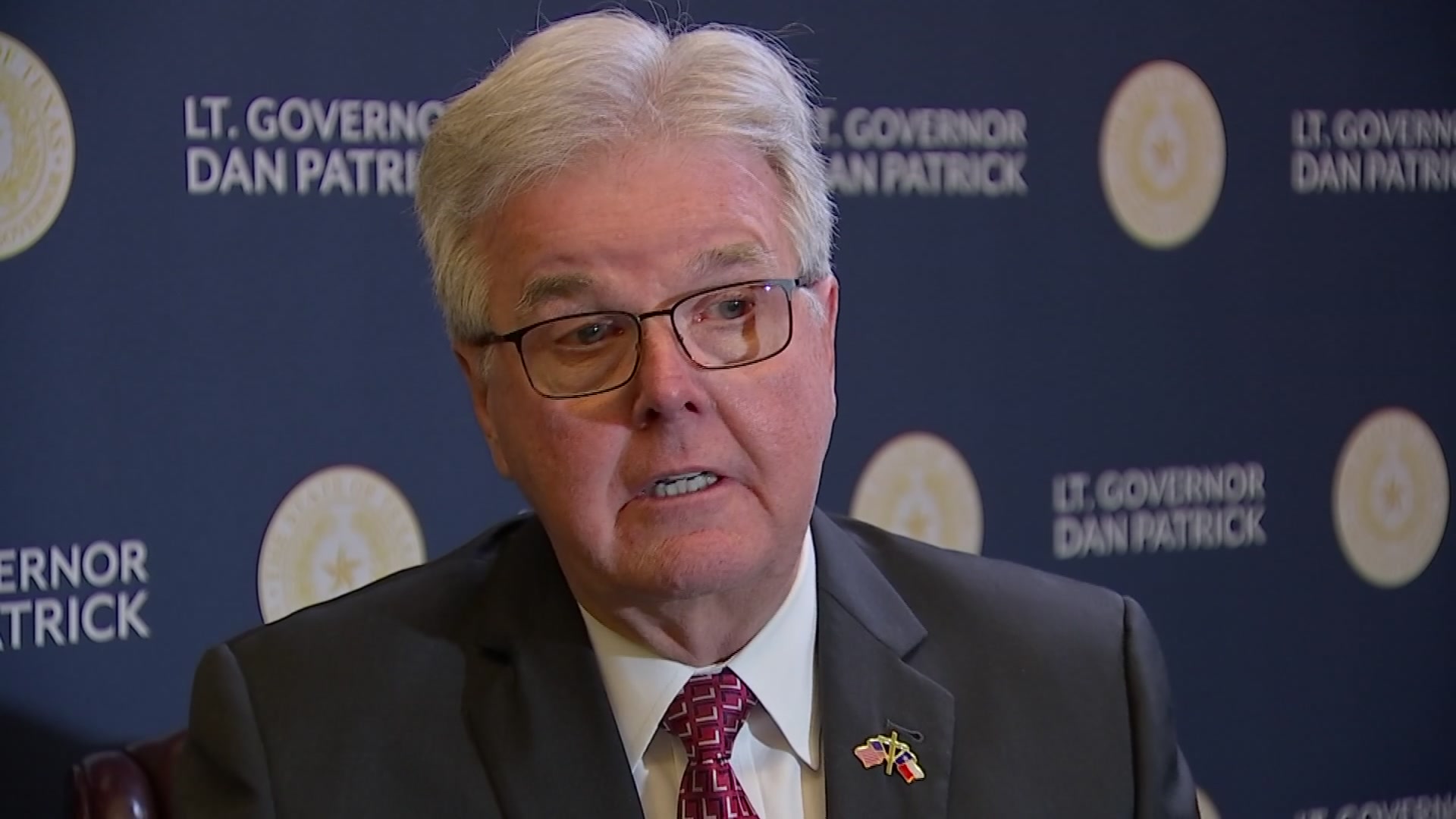
A federal judge on Wednesday declined to order the release of roughly 300 migrant parents and children held in U.S. family detention centers despite what he called immigration authorities' "shortcomings" in controlling the coronavirus.
Lawyers for the families had asked U.S. District Judge James E. Boasberg to issue a preliminary injunction forcing the release of the families because they fear being infected by the coronavirus. More than 3,700 cases of the COVID-19 virus have been confirmed in U.S. Immigration and Customs Enforcement facilities.
The families detained at three facilities in Texas and Pennsylvania and their lawyers say ICE hasn't done enough to protect them. U.S. District Judge Dolly Gee in California last month described the family detention centers as "on fire" due to the virus and ordered the release of children detained for more than 20 days, with her current deadline set for Monday.
Her order didn't cover the children's parents, and lawyers had asked Boasberg to free parents as well. Advocates say they're worried ICE will ask parents to give up their children to family sponsors and remain detained themselves or waive their children's rights to release under Gee's order.
Boasberg said ICE had shown it was adopting guidance to provide masks, disinfect surfaces, and isolate anyone who had come into contact with an infected person, though he said the agency "continues to fall short of full compliance with its policies in practice."
He also cited agency statistics that while dozens of parents and children have tested positive at two family detention centers in Texas, all but one were people newly brought to the facility who likely wouldn't have contracted the virus inside. Ordering the release of all families was too broad an action, he said.
"For the moment, ICE's efforts at preventing COVID-19 outbreaks at the FRCs -- whatever one thinks of them -- seem to have yielded a moderate, though undeniably fragile, success," Boasberg said.
Texas News
News from around the state of Texas.
ICE has defended its treatment of detained families and released some detainees it considers to have high-risk medical conditions. The U.S. Department of Justice declined to comment on Boasberg's ruling.
Amy Maldonado, an attorney for detained families, said lawyers were considering their options following the order.
"No parent should have to choose between giving up their child, possibly forever, or exposing them to this deadly virus," she said.



